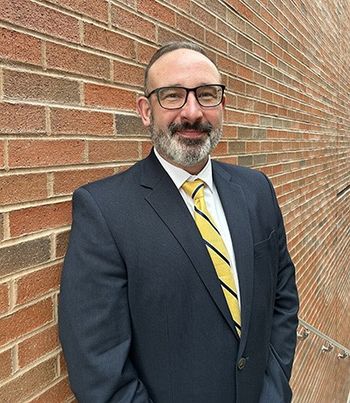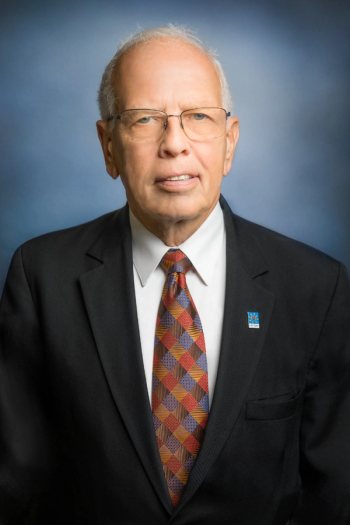
What oncologists say about new cancer treatment options
A new report from Cardinal Health Specialty Solutions gives behind-the-scenes perspectives from oncologists about CAR-T cell therapies, biosimilars and AML therapies (or genomic medicines)
Community oncologists play an integral role in patient referral and adoption of new treatment options for cancer, according to a new report.
These treatment options include CAR T-cell therapies, genomic medicines, and biosimilars, according to Cardinal Health Specialty Solutions’
Nabhan“As we move toward a value-based care environment and more emphasis is put on lowering cost of care, managed care executives will be faced with challenging reimbursement decisions such as when to approve reimbursement for innovative therapies like CAR T and whether to mandate the use of biosimilars in place of branded biologics to reduce costs,” says Chadi Nabhan, MD, MBA, FACP, chief medical officer, Cardinal Health Specialty Solutions. “Understanding how the views and behaviors of providers are changing in this complex and dynamic market may help managed care leaders make more informed decisions.”
Key findings of the report include:
- Most oncologists (51%) see CAR T-cell therapy as a game-changing approach to cancer treatment, but barriers such as cost, toxicity, and complex administration could lead to slow uptake.
- As more biosimilars enter the U.S. market, oncologists are open to prescribing them in place of their reference products, and most (66%) have high expectations about the cost savings biosimilars will deliver for their practices.
- With three targeted therapies recently approved for acute myeloid leukemia (AML), most oncologists (85%) are routinely prescribing genetic tests for AML patients-and a growing number (31%) are now referring AML patients to academic medical centers for treatment.
Based on the findings, Bruce Feinberg, DO, vice president, chief medical officer, Cardinal Health Specialty Solutions, offers these three recommendations for healthcare executives:
Feinberg1. Be an advocate for more research on total cost of care. “The emergence of innovative new drugs for diseases like AML will have significant implications on cost of care, beyond just comparison of drug prices,” Feinberg says. “Longitudinal studies are needed to better understand total cost of treatment over time. This research will help both providers and payers make informed decisions.”
2. Become a sponsor of real-world evidence research. Real-world evidence research has become more sophisticated and more widely accepted as a critical tool for gaining insights into comparative effectiveness and resource utilization, according to Feinberg. “There will be an increased need for it as more biosimilars come to market,” he says. “By stepping up to sponsor real-world evidence research, payers can play an important role in facilitating better treatment decisions.”
3. Maintain open dialogue with healthcare providers and drug manufacturers. “As novel new therapies come to market at a rapid pace, candid discussions between key stakeholders are needed to move the industry toward higher quality care at a lower cost,” he says.
Newsletter
Get the latest industry news, event updates, and more from Managed healthcare Executive.























